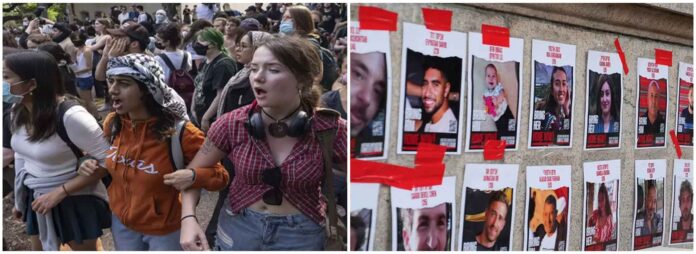In recent years, the United States has witnessed a surge in campus protests, often centered around issues of social justice, racial equality, and political ideologies. While these demonstrations signify the exercise of freedom of expression, they have also sparked debates regarding the boundaries of responsibility. India, with its rich history of democracy and diverse cultural ethos, offers valuable insights into navigating such delicate matters. Let’s explore India’s perspective on the balance between freedom and responsibility amid campus protests in the US.

Freedom of Expression: A Fundamental Right:
Freedom of expression lies at the core of democratic values, enabling individuals to voice their opinions, challenge authority, and advocate for change. In the US, this constitutional right is enshrined in the First Amendment, empowering citizens to peacefully assemble and protest against perceived injustices. Similarly, in India, the Constitution guarantees the freedom of speech and expression as a fundamental right, essential for fostering a vibrant democracy.
Campus Protests: Catalysts for Change Campus protests serve as powerful platforms for students to raise awareness about pressing societal issues and demand policy reforms. Whether advocating for environmental sustainability, gender equality, or racial justice, these protests often mobilize youth voices and galvanize public discourse. In both India and the US, universities have historically been hotbeds of activism, nurturing future leaders and change-makers.






















